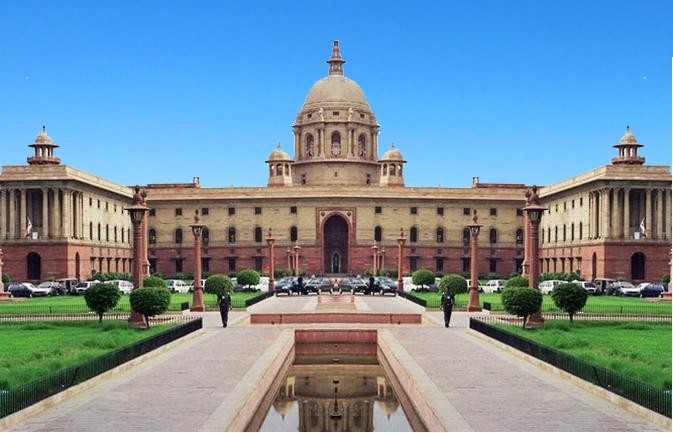India is under complete lockdown for 21 days to tackle spread of COVID19 pandemic. PM Modi while addressing the public on 24th March said “In order to protect the country, and each of its citizens, from midnight tonight, a full ban is being imposed on people from stepping out of their homes.”
However, Ministry of Home Affairs issued guidelines for the service providers categorized under the essential services-
- Private Establishments will remain closed excluding shops dealing with grocery, fruits and vegetables, dairy products, meat & fish, animal fodder.District authorities are also encouraged to facilitate home delivery to minimize the movement. Other essential services that will be allowed to operate include Banks, insurance offices, ATMs, Print and electronic media houses, Telecom, internet broadcasting, other IT enabled essential services, delivery of food items, pharmaceuticals, medical equipment through e-commerce, petrol pumps and other related outlets, electricity generation and transmission, cold storage and warehouses, private security services. Units involved in other businesses may Work-From-Home.
- Offices of Government of India and State will remain closed excluding the offices providing essential services like, Defence, Police forces, treasury, electricity, water and sanitization, post offices, public utilities including petroleum, CNG, LPG, PNG, fire emergency services, District administrative services, Municipal bodies. However, it has also been suggested that the offices will operate with minimum number of employees and other offices may continue to Work-From- Home.
- Ministry of Home Affairs in its guidelines has also allowed Hospitals and its related medical establishments to operate, which include manufacturing and distribution, dispensaries, chemist and medical equipment shops, laboratories, clinics, nursing homes, ambulance etc. Whereas, movement of personnel involved in providing such services will also be allowed.
- All the transport services will remain closed that includes Air, Rail and Road. However, transportation of essential goods, fire, law and order and emergency services are allowed to operate.
- All the Hospitality services will also remain inoperative excluding Hotels and other related service providers handling tourists, persons left out due to lockdown, medical emergency staff, etc.
- Other than these all the places of worship, education, training, research, etc. will remain closed and gatherings whether its social, political, sports, entertainment, etc. will also not be allowed.
Guidelines has also set out very clear directions that violation of any of its measures will attract legal consequences, out of which few are specifically mentioned below:
- People who arrived into India after 15th February and all who have been directed by health care personnel to stay under strict home/ institutional quarantine for the specified period, violation of this will attract legal action under section 188 of the Indian Penal Code.
- It has also been mentioned in the guidelines that any violation of measures provided by the government will be proceeded against accordingly under the provisions of Section 51 to 61 of the Disaster Management Act, 2005 including section 188 of the Indian Penal Code.
However, PM Modi in his address to the public also mentioned that “I am confident that every Indian will abide by the instructions of the Government and local authorities during this crucial hour.”
21 days is considerably a long time to stay back home but it is equally essential for the safety of us, our families and the Nation.
During such times rumors and fake news are being circulated very easily hence, an appeal has been made by the government to beware and abide by the instructions and advices of the Central and State Government and the official Medical fraternity.
-Gautam Mishra


